Michigan Voters Show Growing Support for Psychedelic-Assisted Therapy
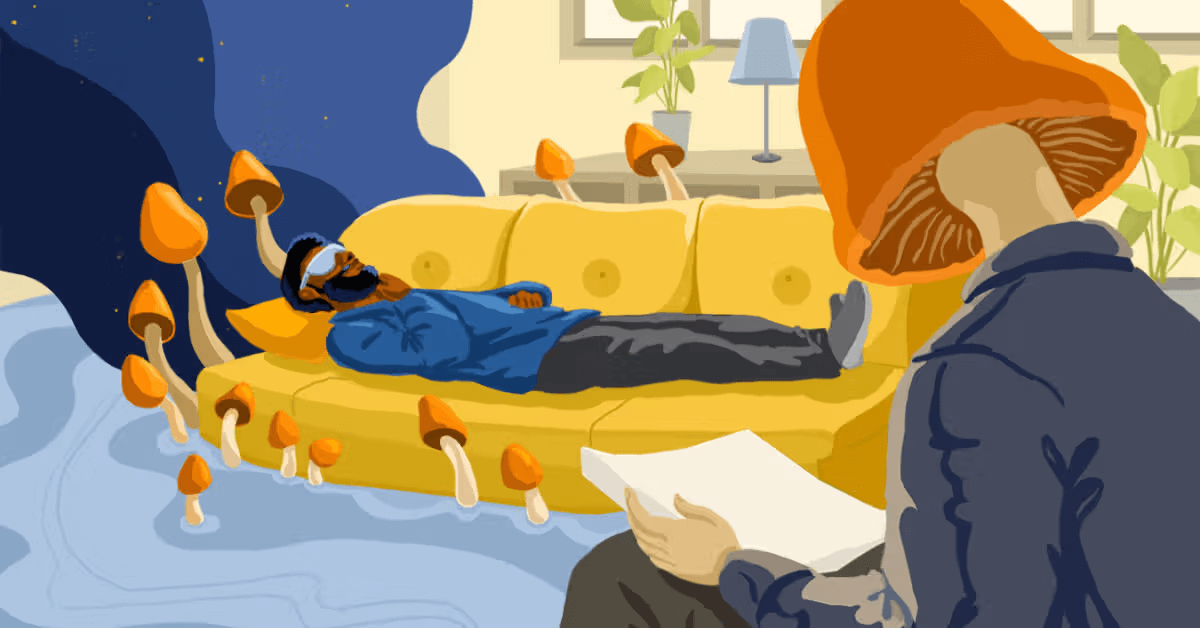
We understand this isn't directly related to cannabis, but given the evolving landscape of alternative therapies and their intersection with mental health treatment, we believe this topic is highly relevant to our readers. Exploring the legalization of psychedelic-assisted therapy offers valuable insights into broader trends in therapeutic practices and regulatory changes, much like the developments we've witnessed with cannabis.
Michigan is among several states considering legislation to legalize psychedelic-assisted therapy using compounds such as psilocybin. To understand Michigan voters' stance on this issue, the Reason Foundation conducted an online survey using platforms Amazon Turk and Pollfish. The majority of the 450 respondents, who identified as registered voters in Michigan, expressed support for professionally supervised psychedelic-assisted mental health treatment.
This support aligns with a broader national sentiment captured by the University of California, Berkeley researchers. Their 2023 hybrid online and phone poll, conducted by the UC Berkeley Center for the Science of Psychedelics, surveyed 1,500 registered voters and found that 61% support legalizing regulated therapeutic access to psychedelics, with 35% showing strong support.
Support for Regulated Psychedelic Market in Michigan
Following the example of Oregon and Colorado, which passed statewide initiatives to legalize supervised psychedelic services, several states, including California, Arizona, and New Jersey, have begun introducing similar legalization bills. In Michigan, the Reason Foundation's survey asked respondents about their support for a bill that would allow licensed mental health professionals to prescribe psychedelic substances to patients with diagnosable mental illnesses.
Results from the combined Amazon Turk and Pollfish platforms indicated that 65% of Michigan's registered voters support such legislation, while 15% opposed it, and 19% remained undecided.
The poll also provided respondents an opportunity to comment on their positions regarding psychedelic legalization. Many respondents not only were aware of psychedelic-assisted therapy but also shared personal experiences. This familiarity is consistent with a national survey by Columbia University, which suggests that about 5% of the public has used psychedelics in the past year.
One Michigan respondent on Amazon Turk noted, "I am aware of research showing how micro-dosing of psilocybin helps treat clinical depression and with some addictions. Psilocybin could be a more natural alternative to the heavy drugs used today to treat depression. The positives that could come with legalization greatly outnumber the negatives."
Another respondent shared a personal experience: "I myself have taken them and have seen first-hand how they are helpful when it comes to anxiety and depression. I fully believe if taken correctly, they can significantly reduce anxiety and the feelings of depression."
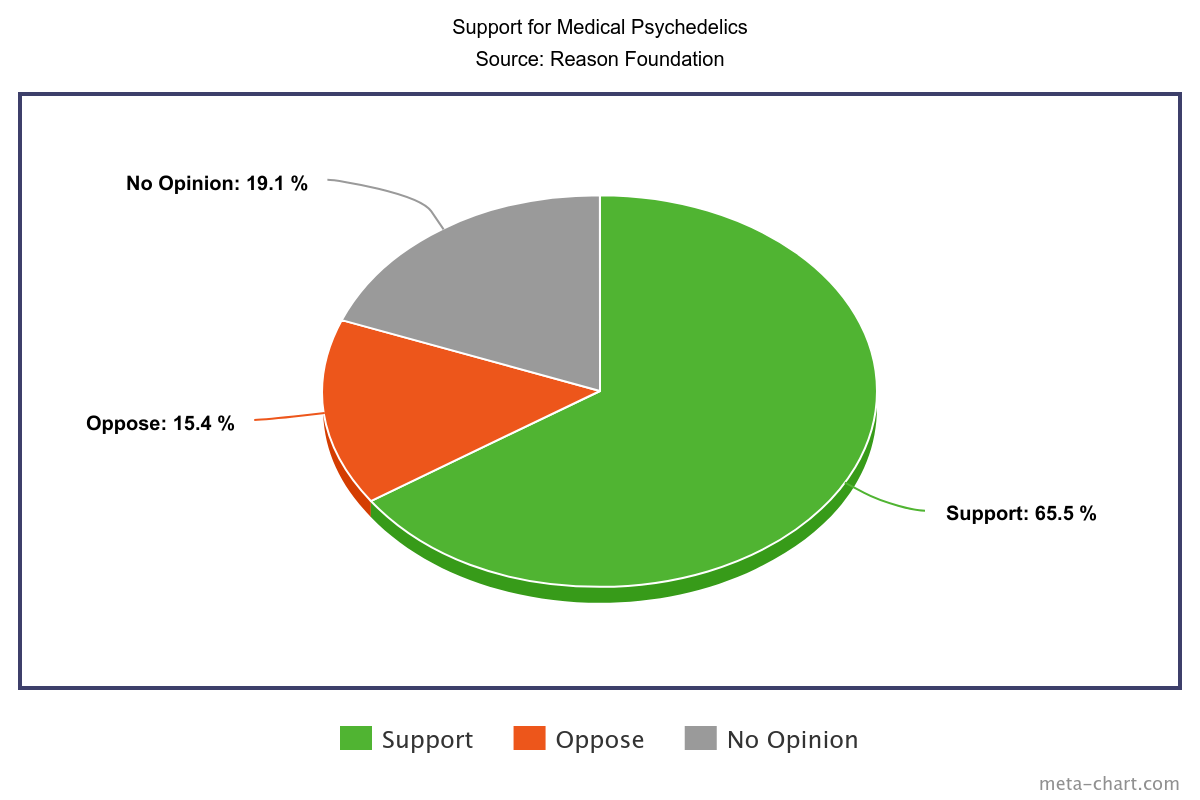
Mixed Views on At-Home Use of Psychedelics with Teletherapy
The Reason Foundation's survey also explored the possibility of allowing psychedelics to be prescribed for at-home use under professional supervision, similar to regulations for medical cannabis in some states. The question posed was whether respondents supported a state bill that would permit licensed mental health professionals to prescribe psychedelics for at-home use, provided patients were educated on safe use and had regular check-ins with a mental health professional.
A slight majority of 55% of Michigan respondents supported this idea, 26% opposed it, and 19% said they lacked sufficient information to form an opinion.
One respondent expressed cautious support for supervised at-home use: "If they are being monitored, I think it is the best way, then they can not only make sure it is working but to make sure they are not abusing it."
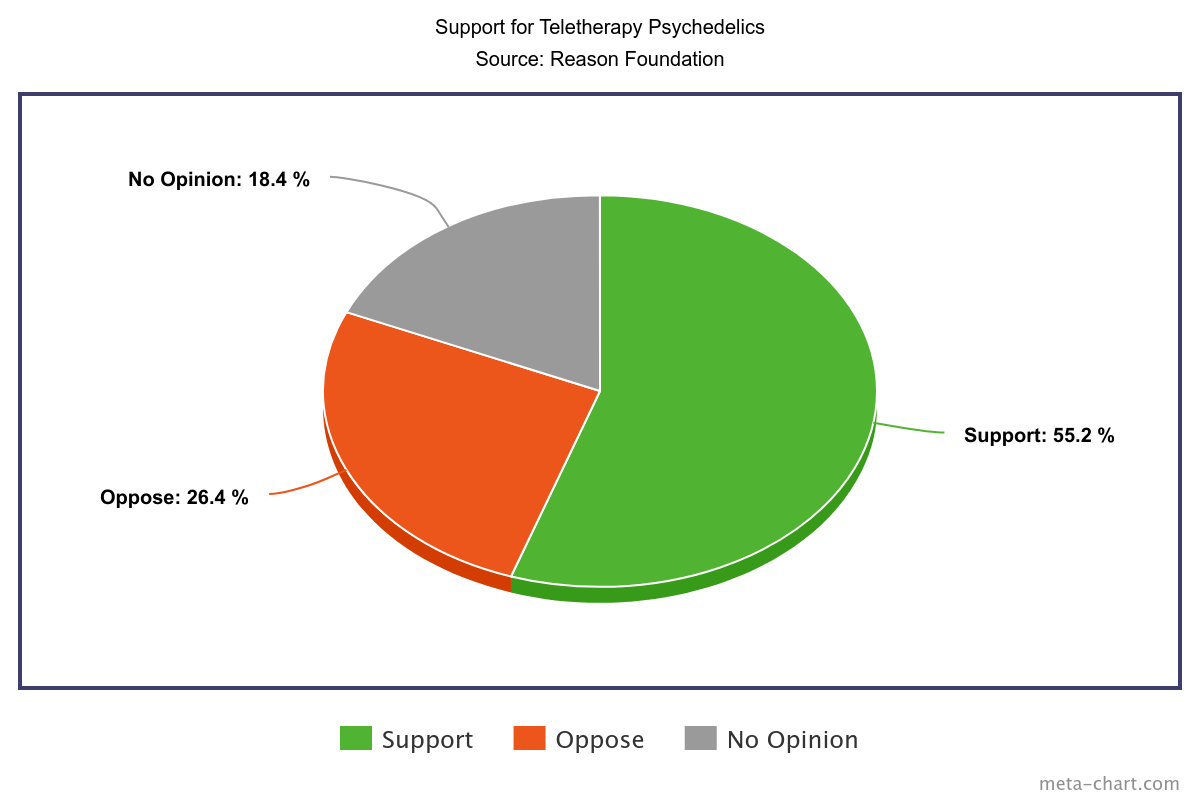
Methodology and Potential Bias in Polling
The survey methodology included responses from two online polling sources: Amazon Turk and Pollfish. A total of 450 responses were collected—322 from Pollfish and 138 from Amazon Turk. Respondents were provided with a brief background on the issue before answering the survey questions. This background highlighted the potential benefits of psilocybin for treating mental health conditions and noted ongoing clinical trials.
Public polling, especially online opt-in polls like those used in this survey, can face challenges such as nonresponse bias and demographic representativeness. Pew Research Center has noted that online polls can have a bias upwards of 11 points on some issues. To mitigate this, pollsters can re-weight samples to reflect the general population's demographics or use verification questions to ensure respondents' authenticity.
In this survey, respondents were asked to provide their registered voting zip code to limit false reporting. While there is a small chance of duplicate responses from merging the two platforms, the survey results still offer valuable insights into public opinion.
The University of California-Berkeley poll had a margin of error of 2.5%, while the Reason Foundation's survey estimated a margin of error of about +/- 3% using a bootstrap method. Given the potential bias and margin of error, there is a moderate likelihood that more than 50% of Michigan voters support professionally supervised psychedelic therapy. However, support for the at-home therapy option falls within the margin of error and potential bias.
Conclusion
As Michigan and other states consider the legalization of psychedelic-assisted therapy, public opinion appears to be shifting toward support for regulated, professional use of psychedelics. While there are concerns and mixed views about at-home use, the overall trend suggests growing acceptance of psychedelics as a legitimate treatment for mental health conditions. This evolving perspective mirrors the national trend, indicating a potential shift in future mental health treatment paradigms.
Share this article:
Spotted a typo, grammatical error, or a factual inaccuracy? Let us know - we're committed to correcting errors swiftly and accurately!


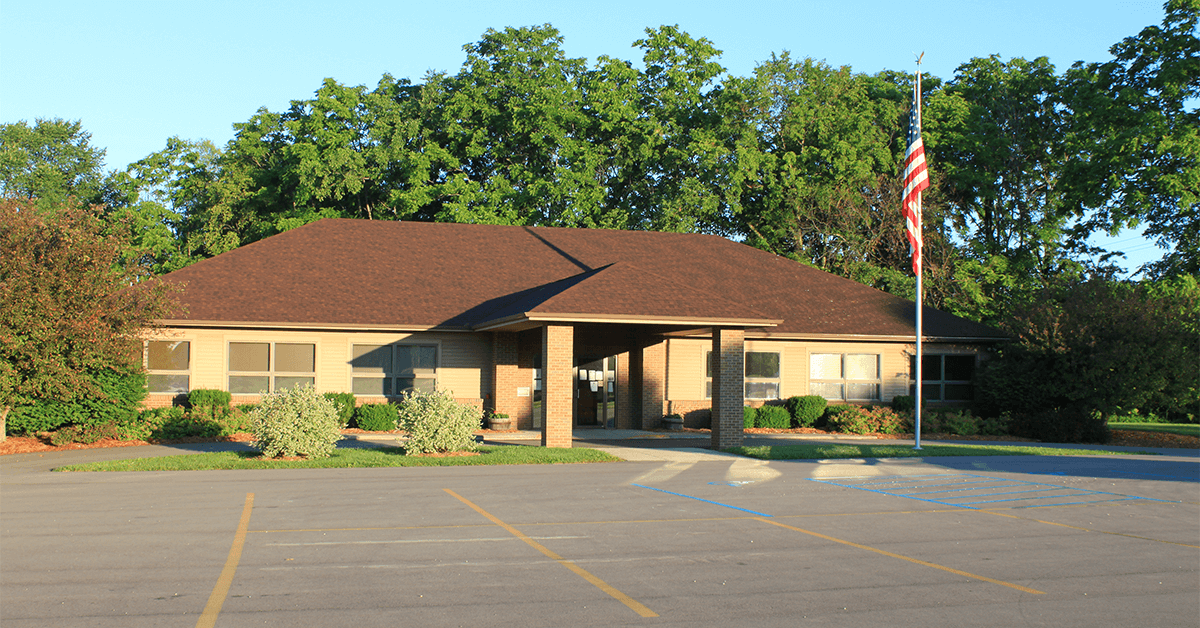
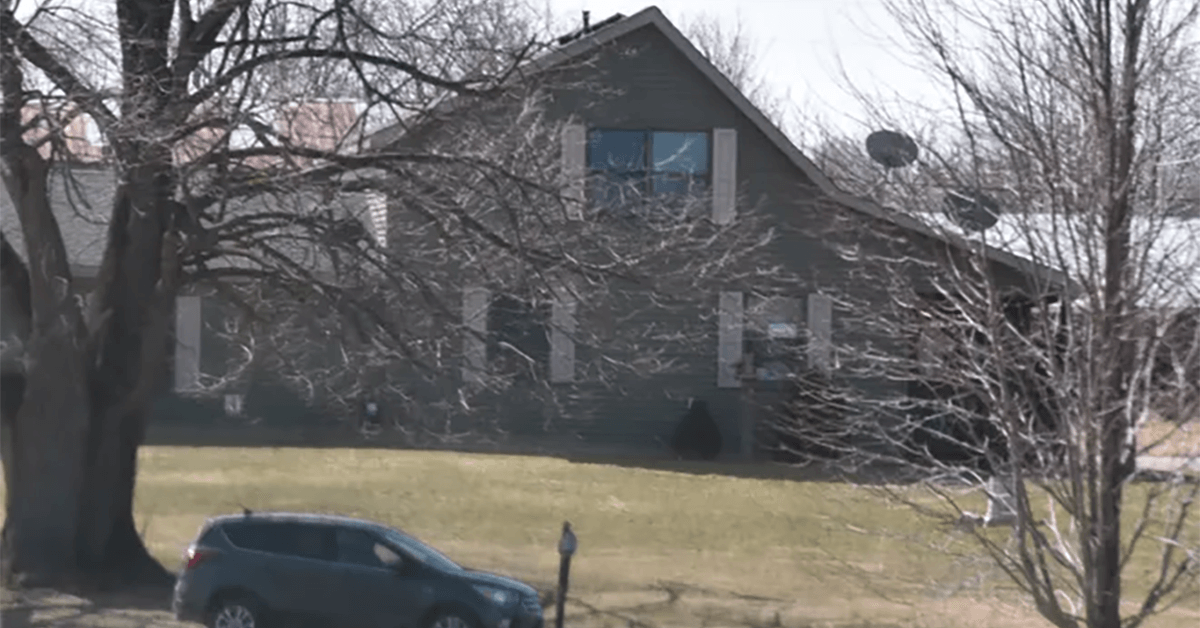
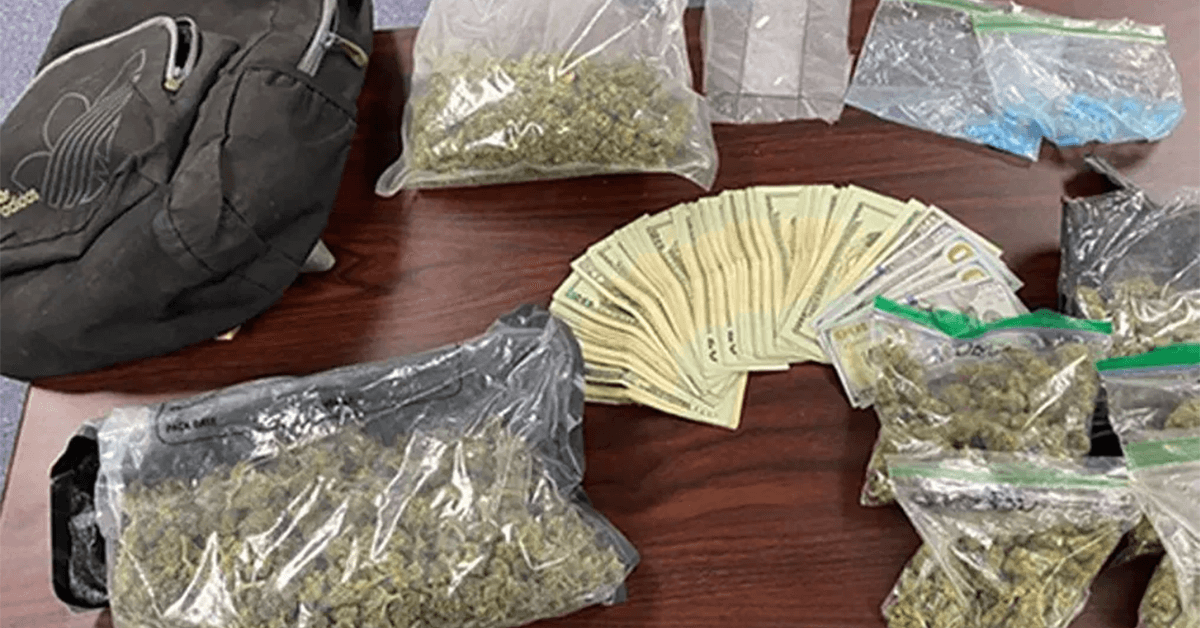
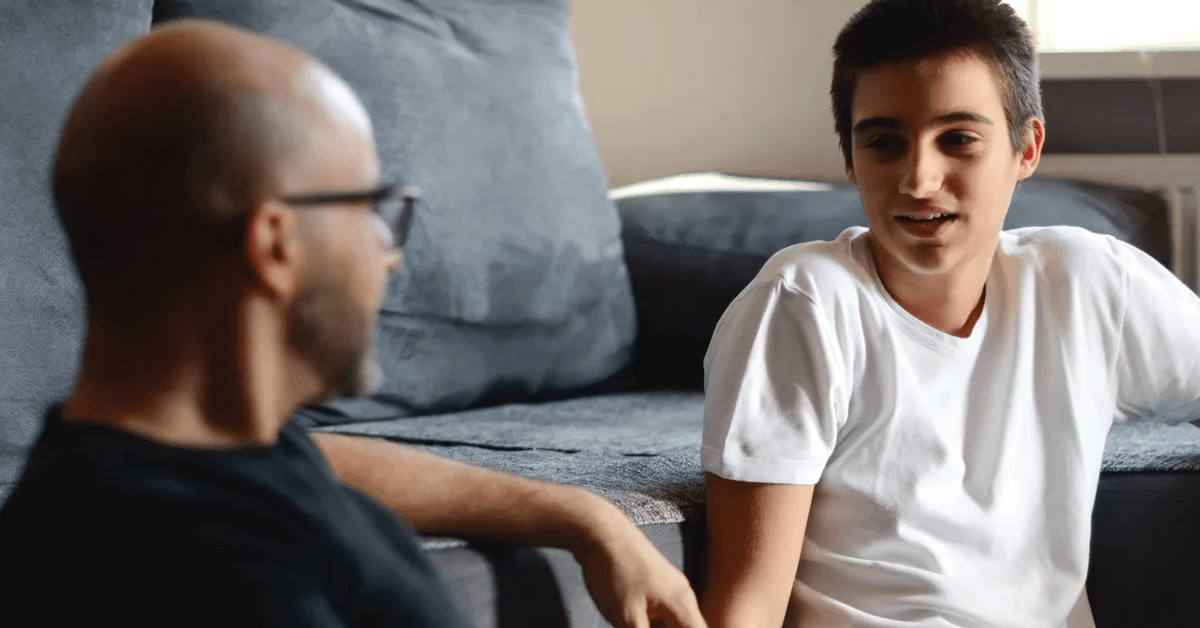


 Helpful Links
Helpful Links